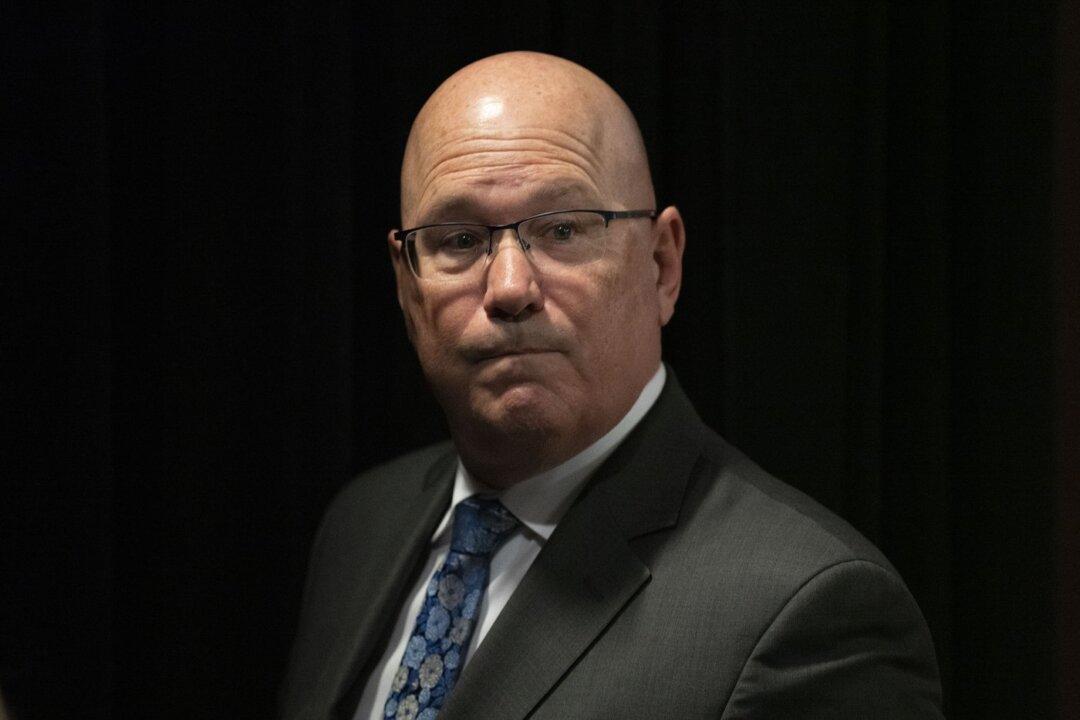Ontario’s minister of municipal affairs and housing is moving forward with audits of six municipalities to see if there will be any “potential or perceived” financial hits from a provincial housing law.
Municipalities have been raising concerns about a housing law, that, in part, freezes, reduces and exempts fees developers pay on certain builds such as affordable housing.





